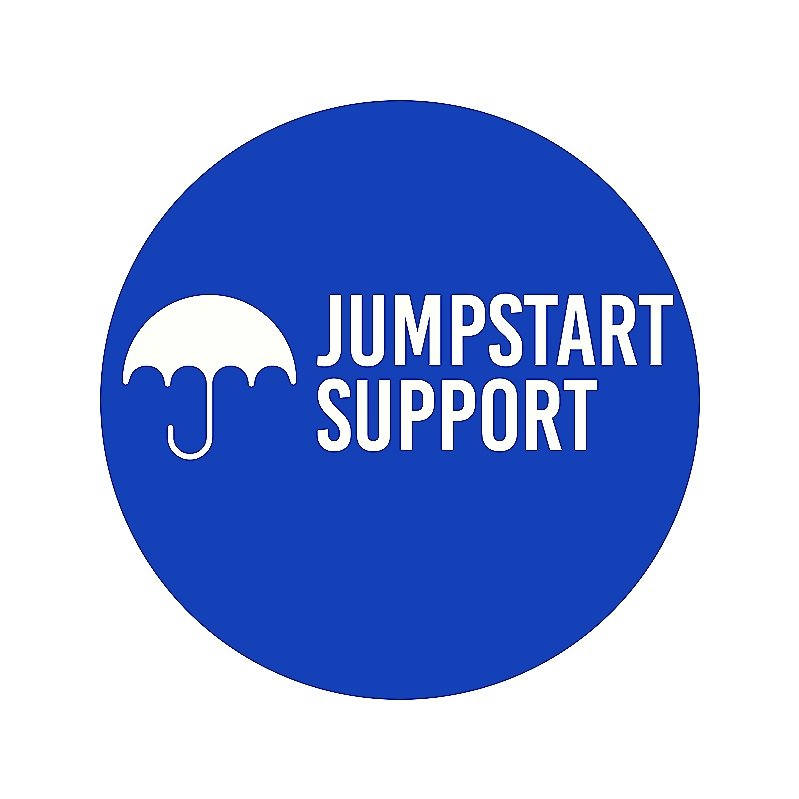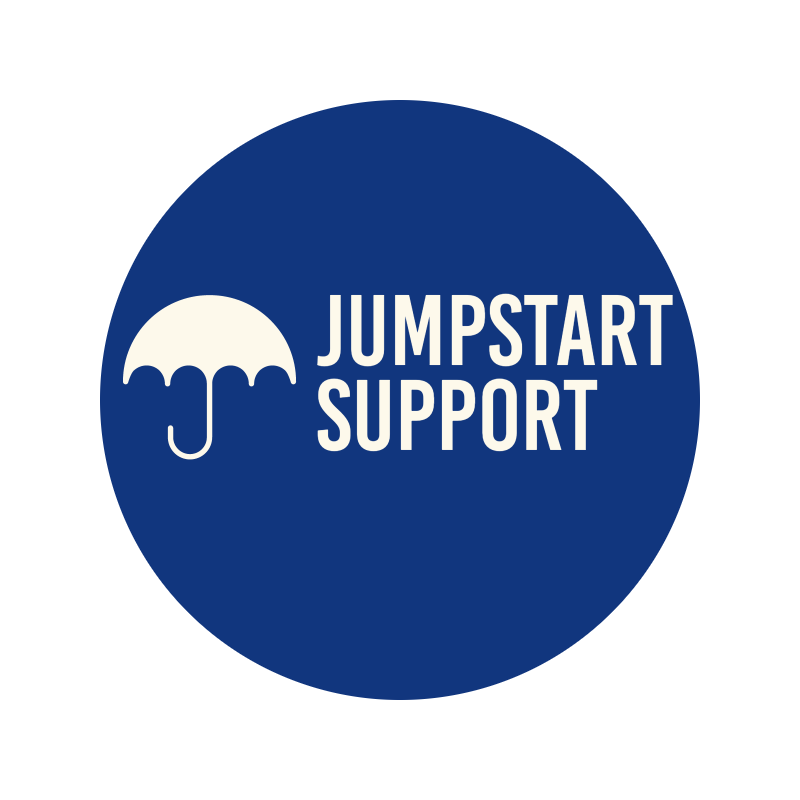The Benefits of Neurodiversity Hiring: A Win-Win for Employers and Employees
In the tapestry of human cognitive abilities, neurodiversity represents a rich spectrum, encompassing diverse ways of thinking. In the workplace, these differences can be harnessed to unlock creative innovations and solutions that benefit both the company and its employees. However, neurodiversity hiring isn't just a feel-good initiative—it's a strategic move with a host of advantages. From widening the talent pool to fostering a culture of inclusivity, companies that champion neurodiversity can achieve substantial growth and transformation.
This post is designed to guide Human Resources and recruitment professionals through the multifaceted rewards of neurodiversity in the workplace. We’ll explore practical strategies, provide real-life case studies, and offer actionable advice for creating a more inclusive environment. By rethinking the hiring process and workplace architecture, you'll discover how to tap into unique abilities to drive success for all stakeholders.
Neurodiversity 101: Redefining Talent Acquisition
The principles of neurodiversity propose that neurological differences, such as autism, ADHD, dyslexia, and others, are the result of normal, natural variations in the human genome. Recognizing these differences not as disabilities but as unique abilities, businesses can shift their hiring paradigm to one that values each individual’s distinct strengths.
What is Neurodiversity, and Why Does it Matter in the Workplace?
Neurodiversity is the concept that neurological differences are like any other human variation—a natural part of our biodiversity. In a corporate context, this means expanding the definition of talent to include those who might think, learn, and communicate differently from the 'neurotypical' majority.
The Case for Neurodiversity Hiring
Studies have shown that diverse teams generate more innovative ideas and problem-solving approaches. Neurodiverse individuals often bring fresh perspectives, intense focus, excellent pattern recognition, and uncompromising honesty to the table—qualities that are invaluable in many roles, especially in tech, design, engineering, and other knowledge work domains.
Understanding the Business Case for Neurodiversity
Neurodiversity hiring extends beyond social responsibility; it’s a smart business move. From heightened creativity to increased productivity, the benefits are extensive.
Leveraging a Broader Spectrum of Abilities
By recruiting from the neurodiverse population, companies can access exceptional skills in fields where these individuals demonstrate particular talent, such as IT, data analysis, and research.
And the Numbers Don't Lie: Boosting Performance and Innovation
Research from organisations like the Harvard Business Review and McKinsey & Company has consistently found that diverse teams outperform their homogenous counterparts, particularly in terms of innovative thinking and problem-solving.
Neurodiversity Strategies in Recruitment and Hiring
To realise the benefits of neurodiversity, employers must adopt tailored strategies that ensure the process is inclusive and supportive.
Crafting Job Descriptions and Assessments with Inclusion in Mind
Eliminating jargon, reducing the number of requirements that don't truly represent the job, and offering alternative assessment processes all diminish unnecessary barriers to entry.
Partnering with Neurodiversity Advocacy and Training Programs
Collaborating with organisations that specialise in neurodiversity can provide valuable training and awareness for current employees, as well as a pipeline of skilled candidates.
Real-Life Success Stories: Leading Companies in the Neurodiversity Movement
Several pioneering companies have taken the neurodiversity lead and reaped the rewards. These case studies offer insights into the positive outcomes of diversifying the workplace.
Auticon: Thriving as a Social Enterprise
Auticon, a global technology consultancy, exclusively employs IT consultants on the autism spectrum. Their model has shown that by making small adjustments to the work process, they can accommodate their employees' unique needs and strengths, resulting in high-quality work and customer satisfaction.
Ernst & Young (EY): A Commitment to Inclusivity
EY formed the 'EY Neuro-Diverse Center of Excellence' to integrate neurodiverse workers into their workforce. By leveraging the unique abilities of these individuals, EY has enhanced employee engagement, productivity, and innovation.
Creating an Inclusive Work Environment
Neurodiversity hiring is just the first step; sustaining an inclusive work environment is key to long-term success.
Train and Educate Your Team
Invest time in creating training programs that raise awareness of neurodiversity and encourage acceptance of different needs and working styles.
Adapt Workplace Practices
Simple changes, such as providing noise-cancelling headphones or offering flexible work hours, can make a world of difference for neurodiverse employees.
Addressing Misconceptions and Overcoming Challenges
While the benefits of neurodiversity are evident, organisations may face various challenges during implementation.
Misconception #1: High Costs and Low Return on Investment
In reality, the costs are significantly outweighed by the benefits, from improved team dynamics to heightened innovation.
Misconception #2: Complex Management
It's a learning curve, but with the right training and support, managing neurodiverse teams can be as smooth as managing any other.
Get Started with Neurodiversity Hiring
Now that the advantages are clear, it's time to take action. Start small, learn as you go, and be prepared to witness the transformative power of neurodiversity in your workplace.
Practical Tips for Immediate Action
Begin by introducing small changes to your hiring process, such as more inclusive language in job advertisements and application forms, and evaluating your interview and onboarding procedures for potential bias.
Ongoing Support for Neurodiverse Employees
Continuous learning and adaptation of workplace practices will ensure that your efforts remain relevant and effective in supporting neurodiverse employees.
Call to Action
Remember, investing in neurodiversity isn't just the right thing to do; it's the strategic thing to do. The workforce of the future will be defined by those who understand and harness the unique capabilities of each individual. If you're ready to tap into the next wave of talent, contact us at JumpstartSupport.com and discover how we can help you transform your work culture through the power of neurodiversity.
In conclusion, the move towards neurodiversity isn’t just about fulfilling a moral obligation to diverse individuals—it’s about tapping into a largely untapped well of talent that can bring fresh perspectives and innovative problem-solving. By championing neurodiversity in hiring and management, companies can enrich their teams, foster a culture of inclusion, and bolster their competitive edge. The call to action is clear: it’s time to take the first step, no matter how small, towards a more neurodiverse workforce.

